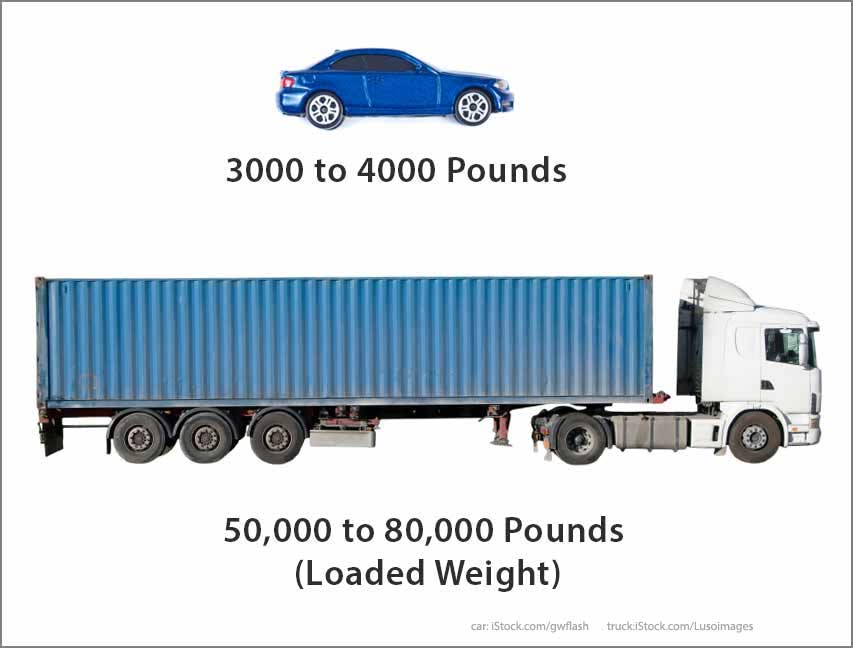This week is Drowsy Driving Prevention Week, an annual campaign sponsored by the National Sleep Foundation.
According to the CDC, drowsiness:
- makes drivers less able to pay attention to the road;
- slows reaction time if you have to brake or steer suddenly;
- affects a driver’s ability to make good decisions;
- affects sensory acuity (the ability to see and hear well).
These drivers are also at risk of falling asleep behind the wheel.
Drowsy driving usually happens when a driver has not slept enough, but it can also happen when a driver has sleep disorders, is on certain medication or has been drinking alcohol.
When the driver of a big rig is drowsy, he or she is behind the wheel of a 50,000 to 80,000 pound vehicle, when the trailer is loaded. For this reason, the Federal Motor Carrier Safety Administration has “Hours of Service” regulations, which require interstate, commercial truckers to take breaks (and hopefully sleep).
Driver Fatigue Facts
- One study found an estimated 1 in 25 adult drivers report having fallen asleep while driving in the previous 30 days.
- Drowsy driving is responsible for an estimated 70,000 crashes, 40,000 injuries and 8,000 deaths, according to the National Highway Traffic Safety Administration.
- A report released by the AAA Foundation for Traffic Safety in 2014 concluded that drowsy drivers were involved in an estimated 21% of fatal crashes, based on a nationally representative sample of motor vehicle crashes during 2009–2013.
- 70% of night shift workers in the transportation and warehousing industry reported less than 7 hours of sleep per night.
The following people are more likely to drive while too tired:
- people who snore or get less then 6 hours of sleep per day;
- commercial drivers who operate vehicles such as tow trucks, tractor trailers, and buses;
- workers who work night shifts or long shifts;
- drivers with untreated sleep apnea;
- drivers using medications that make people sleepy.
Don’t Drive When You are Too Tired
If you are drowsy, don’t get behind a wheel. To prevent drowsiness, get at least 7 hours of sleep a day, get treatment if you have sleep apnea, do not take a medication that will make you sleepy before driving and never drink and drive. Even a little alcohol can make you sleepy, and there is a risk you will become drunk.
You are probably too tired to drive if you
- are yawning or blinking frequently;
- have difficulty remembering the past few miles driven;
- missed an exit;
- are drifting out of your lane, even once;
- are hitting a rumble strip on the side of the road.
If any of the above apply, pull over to a safe place and change drivers, if possible, or take a power nap.
